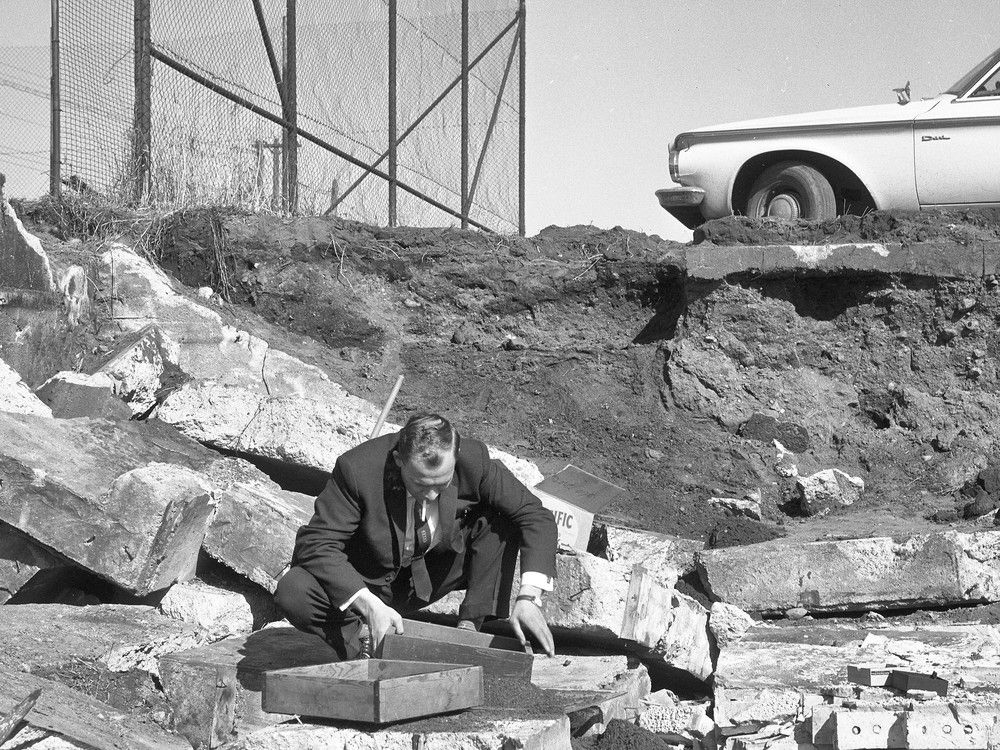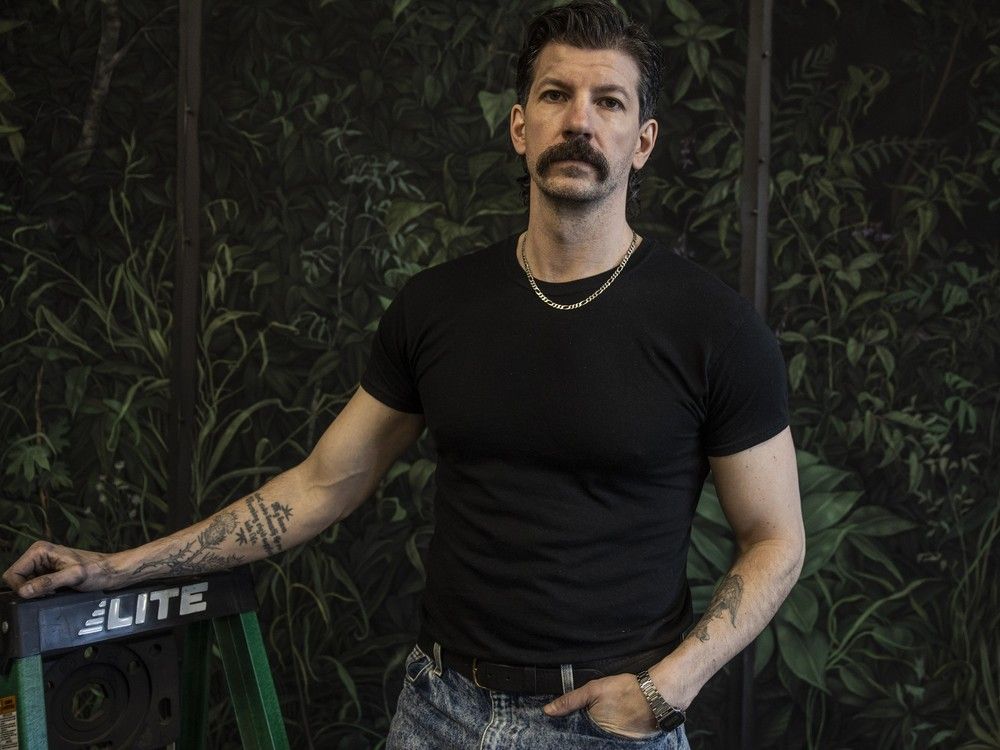
Pittsburgh mayoral candidates will share their platforms directly with high school students over the next few weeks in a series of youth-led forums leading up to May’s primary election. The program kicked off with two candidate interviews moderated by students at Obama Academy in East Liberty on Wednesday. Mayor Ed Gainey and Republican challenger Tony Moreno each had roughly 15 minutes to address questions about how they would support Pittsburgh Public Schools and address public safety and the city’s shrinking population.
“We have to be able to keep our children here in our city. They shouldn't have to go anywhere and believe that they can make it in another city,” Gainey said. “I want you to know right now you can make it right here.

” But Obama senior Lucy Caroff said many of her peers want to leave Pittsburgh upon graduating, and the sunsetting of the Pittsburgh Promise scholarship could make it harder to draw them back. “With the Pittsburgh Promise going away and that funding going away, it’s a lot harder to make the decision to stay when — a lot of our schools — we’re not getting the support we need to stay in schools here,” said Caroff, who served as one of five student moderators. Gainey largely focused on steps he’s taken as mayor to expand affordable housing, decrease violent crime and provide additional paid leadership opportunities for students .
Meanwhile, Moreno — a retired police officer — emphasized his experience in public safety and spoke about the need for a good educational foundation for city students. “So we have to go after the administrators of our schools and ask them why our money is not being spent correctly,” Moreno said. “If we can do those things, it'll be easier for the young people that are attending these schools to get engaged in other areas.
” Neither Gainey’s Democratic primary opponent, Allegheny County Controller Corey O’Connor, nor Republican hopeful Thomas West were in attendance, though organizers of Wednesday’s event said all candidates were invited to participate. O’Connor is scheduled to appear at forums at Westinghouse Academy in Homewood, UPrep Milliones in the Hill District and Perry High School on the North Side later this month. District leaders are currently reviewing the feasibility of school closures as a means to reduce costs and better distribute district resources.
Many PPS students have raised concerns about a lack of equitable access to advanced courses, mental health services and other resources across schools. Kennedy Gilliard, a junior at Obama and another moderator on the panel, said she cared most about hearing the mayoral candidates’ plans for supporting PPS students. “We're about to graduate, and at the same time, even though we're about to leave Pittsburgh Public Schools, it's still important that the people coming up still get proper education and proper funding that the mayor is able to support and help us with,” Gilliard said.
Gilliard and her peers worked with organizers through the Allegheny Youth Vote Coalition to prepare and draft questions for the forum. Moderators kept time, followed up with candidates to help elucidate answers and fielded questions from an audience of juniors and seniors. While not all students in the audience will be eligible to vote in May, Obama Academy civics teacher Sara Waechter said student leaders are working to ensure their peers are civically engaged at every stage.
Waechter also serves as the school’s youth voting engagement advisor, responsible for guiding students through voter registration and civic engagement activities. “We had almost a 90% voter registration rate in the fall, and I know that a lot of kids were disillusioned that they voted and things didn't go their way,” Waechter said. “But we have to keep voting.
And I think it’s just so important that they realize that whoever they support, whatever their views are, that they need to have their voice heard.” Miriam Spak, a senior at Obama who will be eligible to vote in the primary, said students’ perspectives are as diverse as the PPS student body, and should be treated that way by candidates. “Pittsburgh Public Schools students are not a monolith,” Spak said.
“I think a lot of my peers have very different takes on social issues and very different perspectives going into these issues. So I thought that the candidates today did a great job, but just continuing to prioritize youth voice is very important.” Forums will be held throughout April at the following high schools:.















